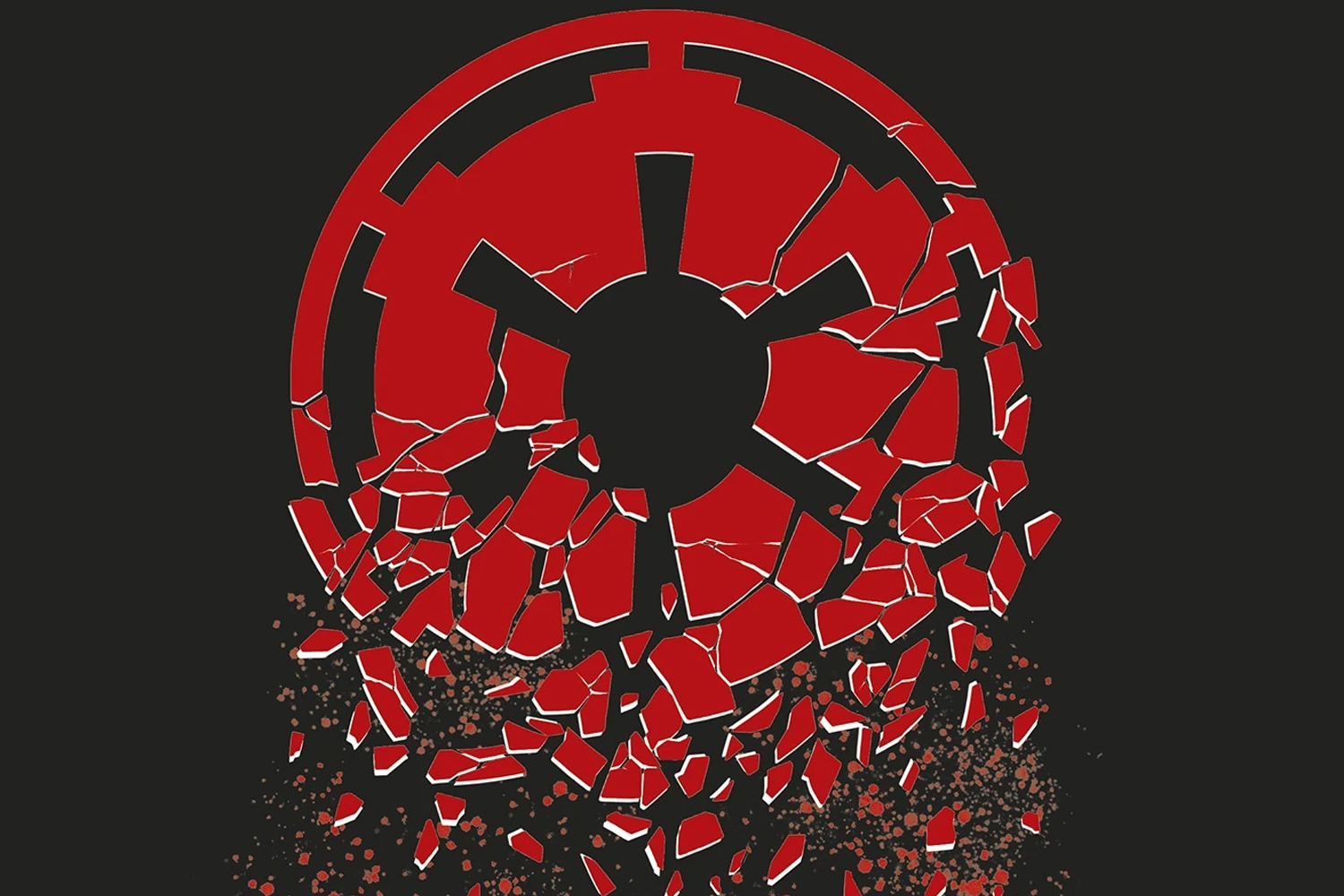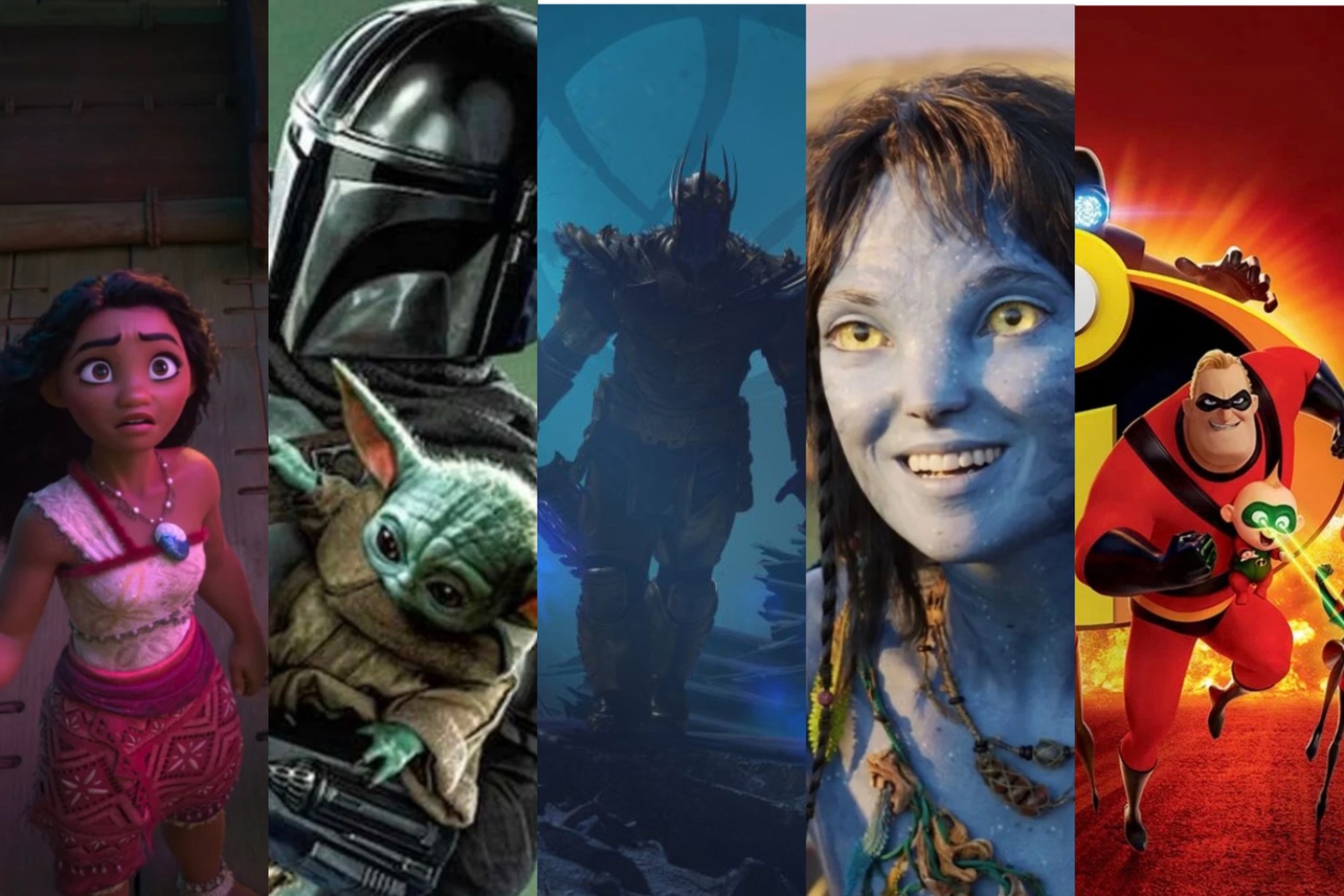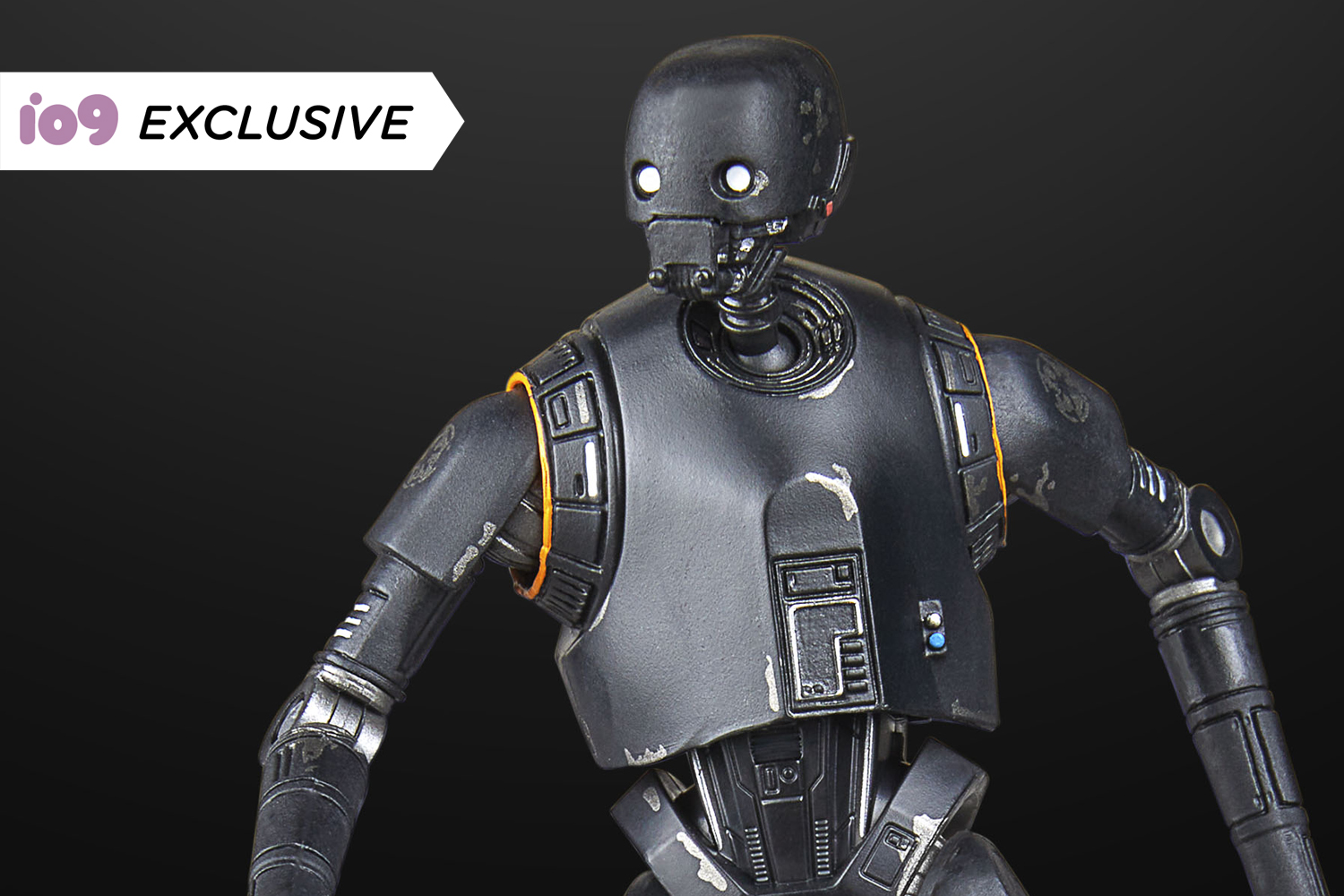I’m going to do a psychological experiment on you to prove how lousy humans are at predicting the future. First, I want you to imagine reading a post about how scientists are using nanobots to restore George Lucas’ brain to the state it was in right after he made THX 1138, and he’ll use that brain to reboot the Star Wars franchise with Joss Whedon as the lead writer. Then I want you to imagine reading below the fold on this blog post. How much do you think you are going to enjoy reading this post?
If you’re like most people (and if you like the original Star Wars and Joss Whedon’s writing), you probably thought you wouldn’t enjoy this blog post all that much. You’ve fallen prey to what Harvard psychologist Daniel Gilbert calls a “common affective forecasting mistake” by overestimating how much pain you’ll receive from this post. Normally, however, this type of mistake is measured in potato chips.
Gilbert did a series of studies on undergraduates at Harvard that involved two potato chip scenarios. Subjects in group A were presented with a bag of potato chips and a chocolate bar, both of which they were going to eat. Subjects in group B were presented with a bag of potato chips and a tin of sardines. Asked to rate how yummy the potato chips would be, subjects in group A said “so so.” Subjects in group B said, “wow totally yummy.” (I’m paraphrasing.)
But when they ate the chips, all the subjects reported enjoying them as much as they always enjoy chips. These Harvard students had made an affective forecasting mistake. They’d overestimated how yummy the chips would be when in the presence of sardines and underestimated how yummy they would be when in the presence of chocolate. Neither prediction accurately described how they felt when ultimately eating the chips.
Gilbert suggests that this kind of mistake happens because humans imagining a future experience have more attention energy to burn. They cast their attention around, compare their future experience (chips) to other potential future experiences (chocolate), and then decide that because chocolate is so awesome that chips can’t possibly be that great.
But if you’re actually experiencing something (like eating a chip), your attention energy is focused on the crispy, oily, salty experience itself. Your mind doesn’t wander as much into elaborate comparisons with other potential experiences. And therefore the experience of the chip isn’t diminished by comparison with the chocolate. The chip is the chip in itself.
What this means is that when you predict how good or bad you’re going to feel about a future situation, more often than not you’ll probably be wrong. In fact, I’ll bet you can think of at least one example off the top of your head where you severely overestimated how happy or sad something would make you.
So now that you’re reading this post, by the way, you’re probably enjoying it as much as you normally enjoy posts on io9. That’s because you started reading, and stopped comparing it with the COOLEST BLOG POST EVAR, involving nanotech brain surgery and a better Star Wars. Sorry, kids, but you’re never going to learn to predict the future correctly if you keep thinking about that.
(With apologies to Daniel Gilbert of Harvard, whose presentation at the AAAS annual meeting yesterday demonstrated that he does this experiment in a much more rigorously scientific way.)













